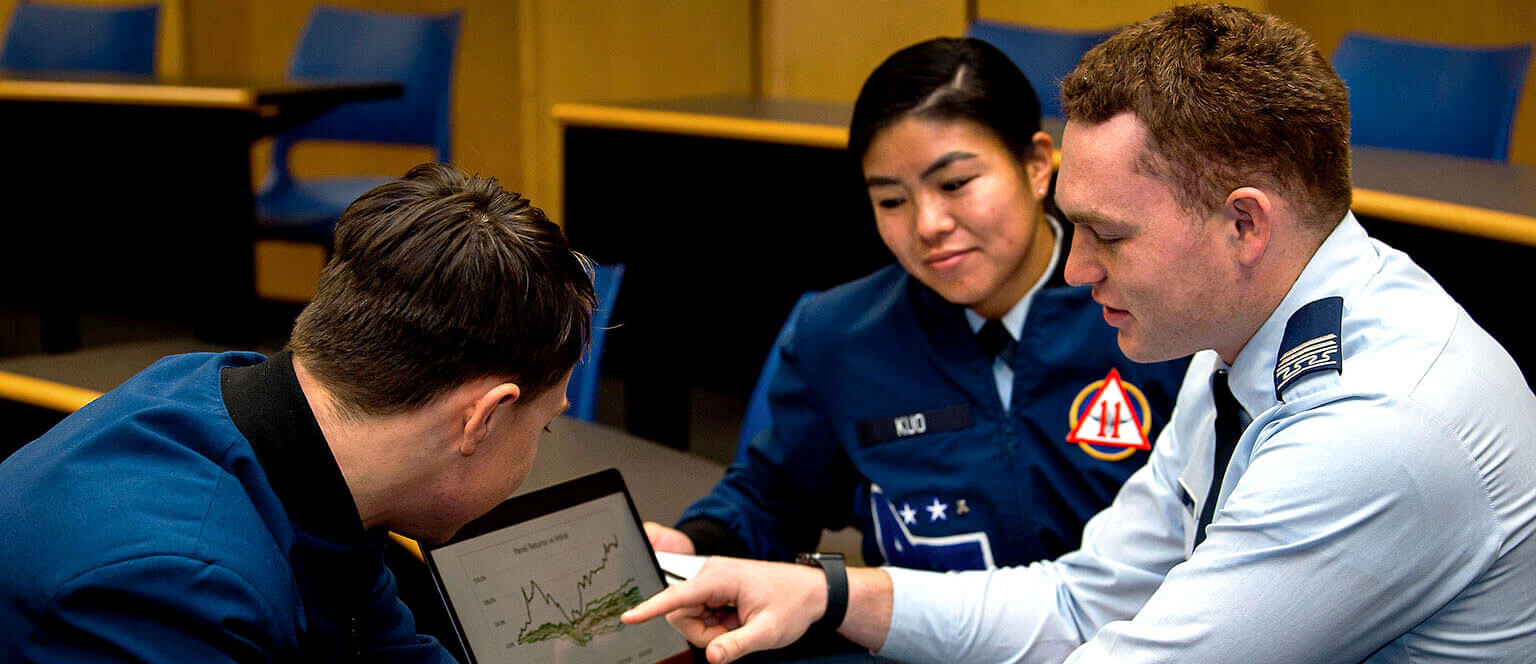Operations Research

Operations Research arose from the need to determine optimal resource allocation and assist decision makers during World War II. Groups of mathematicians, physical scientists and economists were assembled to perform studies that would provide quantitative input for commanders. The results of their efforts were impressive, and soon thereafter, the commercial sector realized the power of these new planning techniques.
Using mathematics to model real-world systems was nothing new—physicists and economists had been doing it for years. What defined this new field called operations research (OR) was its focus on the operations of organizations. Not only were traditional mathematical modeling methods used, such as statistics and probability, but new modeling methods, such as mathematical programming and queuing theory were created.
Operations research, therefore, entails the development and application of new quantitative modeling methods to real management and economics problems. This is an exciting field—one that attracts curious problem-solvers who are strong in mathematics, computer science and are eager to solve real world problems.
This interdisciplinary major is jointly administered by the Departments of Computer and Cyber Sciences, Economics and Geosciences, Management and Mathematical Sciences. Cadets take courses from each of the four departments.
The Academy’s OR program is one of the best in the world. In 2017, we were recognized by the Institute for Operations Research and the Management Sciences (INFORMS) as the winner of the UPS George D. Smith Prize for effective and innovative preparation of cadets to be good practitioners of operations research, management science, or analytics. The Academy became the first undergraduate institution to win the prestigious prize and joined an impressive list of previous winners.
Potential Job Assignments
Within the Air Force |
|
Outside the Air Force |
|
In 2016, U.S. News & World Report ranked Operations Research Analyst as the second-best business job in America.
SAMPLE COURSES
- Systems Analysis
- Deterministic Models
- Probabilistic Models
- Computer Simulation
- Econometrics
- Business Data Analytics
- Operations and Project Management
- Supply Chain Management
- Artificial Intelligence
- Databases and Applications
SUGGESTED COURSE SEQUENCE
| 4-DEGREE (FRESHMAN) | 3-DEGREE (SOPHOMORE) | 2-DEGREE (JUNIOR) | FIRSTIE (SENIOR) |
|---|---|---|---|
| Beh Sci 110 Chem 100 Comp Sci 110 English 111 For Lang 1 For Lang 2 History 100 Math 141 Math 142 Physics 110 |
Comp Sci 212 Math 243 Math 344 Ops Rsch 310 Chem 200 Bio 215 English 211 Econ 201 MSS 251 Pol Sci 211 Engr Mech 220 |
Comp Sci 362 Econ 365 Math 377 Math 378 Ops Rsch 311 Ops Rsch 312 Ops Rsch 331 Law 220 Astro Engr 310 ECE 315 Adv Sociocultural Opt |
Econ 465 Ops Rsch 405/406 Ops Rsch 421 Ops Rsch 422 AF Ops Rsch Opt Ops Rsch Opt Ops Rsch Opt Aero Engr 315 Philos 310 Soc Sci 311 History 300 |
CONTACT US
Lieutenant Colonel John Miller
Advisor-in-Charge
john.miller@afacademy.af.edu
(719) 333-4189